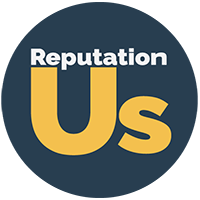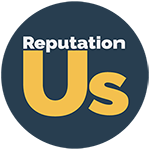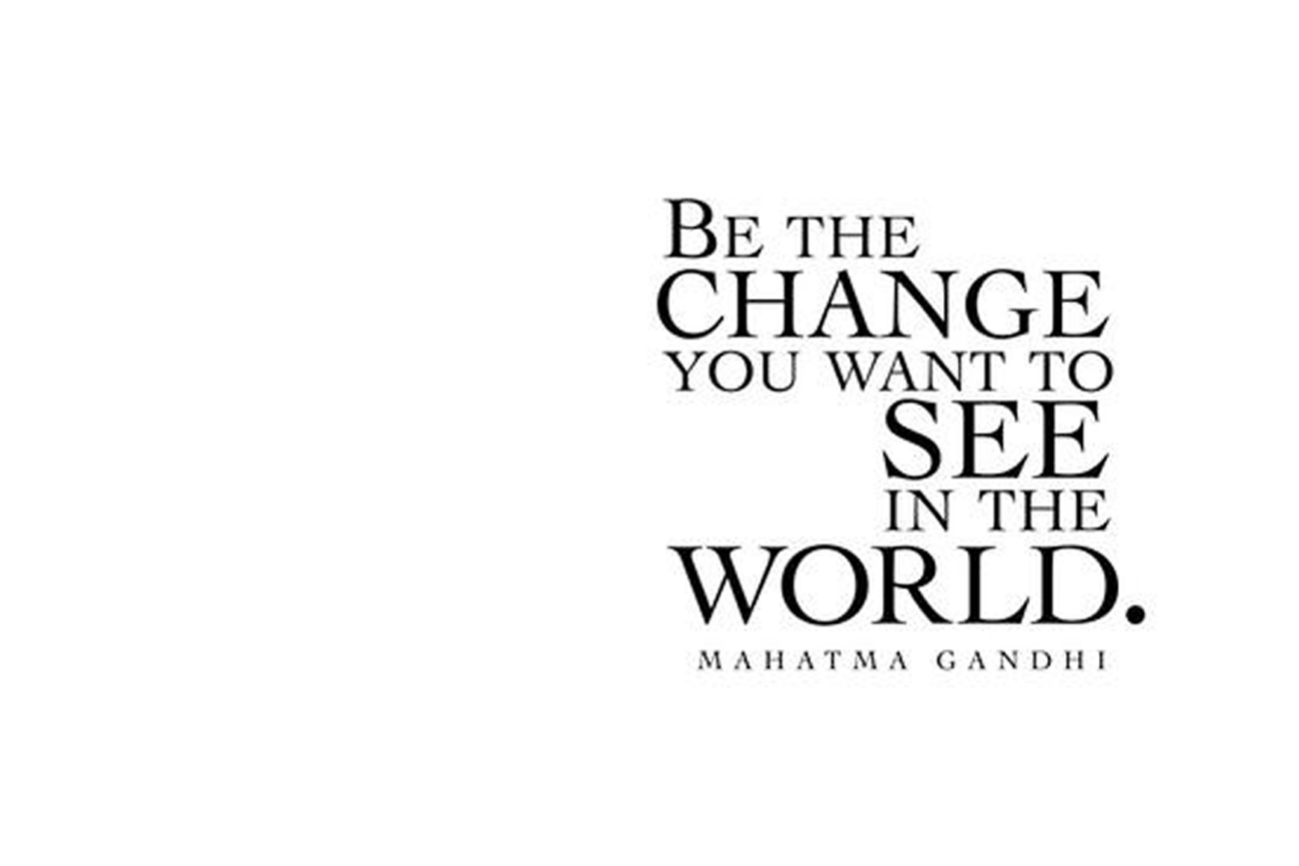From the Credit Union Times…In the first of a two-part series, three CU executives answer five questions about social justice.
In the wake the recent social justice issues and the advancement toward diversity, equity and inclusion (DEI) that our country has witnessed over the last several months, many credit union leaders we partner with have been faced with complicated decisions. Should we get involved? What are the ramifications for getting involved? How do we take a stance? The actions a credit union takes – or doesn’t take – may affect its reputation with its staff, members and community.
While our firm strategizes on the best course of action on exactly why and how to get involved, our immediate counsel to credit union executives is simple; DO IT … NOW! In the court of public opinion (e.g., staff, members, community, media, social media influencers), being silent on such prominent social justice matters may suggest that your credit union is noncommittal, tone-deaf or even complicit. When we collaborate to help credit unions think through these tough decisions, we advocate that there is typically a high degree of respect and trust to gain from staking a claim in support of equality, humanity, peace and justice. Now is the time for your credit union’s voice to be heard.
Five for Six: Five Questions for Six Credit Union Executives
Last month, ReputationUs connected with six credit union executives from across the country and asked them five questions regarding social justice, DEI and other community plights and how taking a stance may affect their credit union’s reputation. Their responses were genuine, insightful and encouraging.
Editor’s note: Below you’ll find responses from three of the executives who were interviewed. Next week in part two of this article series, we’ll share responses from three others.
What social justice or related causes has your credit union taken on during the past year? Why and how?

Tonita Webb, CEO, Verity Credit Union ($732 million, Seattle): Prior to my arrival at Verity six weeks ago, we took a stance on Black Lives Matter (BLM), affordable housing, Stop Asian Hate and climate change. Our employees and community members are invested in these causes. Verity also stands with our community for equality. For BLM, we support our Black members and our Employee Resource Group painted signs in support of BLM. Our long-term actions are to continue to listen to our community, address the issues – socially and financially – and offer the right support and financial products.

Sarah Spooner, CEO, RelyOn Credit Union ($86.9 million, Dallas): We donated to BLM and the ACLU. We created a GED scholarship for “For Oak Cliff,” a charity that focuses on overcoming systemic oppression through education. Other causes we’ve been passionate about are back-to-school supplies and food insecurity for families in financial need/distress.

Seth Schaefer, CEO, Rivermark Community Credit Union ($1.2 billion, Beaverton, Ore.): Rivermark has focused on three underlying issues for financial well-being, which also align with the needs of historically marginalized communities: Housing insecurity, food insecurity, and children’s health and welfare. It’s a recognition that getting members into housing is a journey that might not involve a mortgage. It’s knowing that obstacles in hunger, medical debt and childcare create barriers to wealth building. Building from this foundation, our financial well-being initiatives create opportunities to empower and uplift those in historically marginalized and underserved communities to develop a conscious competency around understanding credit, managing finances and building wealth.
By taking a stance on social justice issues, explain how this may affect your credit union’s reputation.
Webb: It’s important that we understand our community needs first, and our members know that “Verity is there with us.” When we talk about social issues and poverty, finances are a huge part of this, and we have to be a part of the solution. It’s our business.
Spooner: Last year, we acknowledged both Juneteeth and Gay Pride Month on our social media channels. There was some trepidation as one of our branches is in a more rural area, but it’s naïve to think that these matters don’t touch them. Volunteering for the spirit of Juneteenth will be something we will do annually. We may not always do what’s popular, but we’ll do what’s right.
Schaefer: We are a purpose driven credit union, and we want to earn that reputation. For us, that means sharing where we stand on social justice issues to create affinity from allies both internally and externally. Internally, aligning our organizational values through the employee journey is vital. It is important that each employee feels seen, respected and included. Externally, we care about our members and strive to use our unique position as a credit union for positive change on systemic issues. Housing, hunger and debt all converge at the heart of social injustice, and we are honored to be a part of the solution. Being a change leader places the organization in a forward position, which can be risky. But in this case, we believe it’s the only way to create the vitally needed established trust in financial services that has historically been lacking for so many in our community.
What role does diversity and equity have at your credit union?
Webb: DEI plays an important role in how we strategically plan through the success of the credit union. When everyone prospers, we all prosper. We don’t all walk, talk and think the same. Our credit union should know this and appropriately reflect this. We should not be (nor are we) monolithic in our approach. Based on unique experiences, staff and members have a narrative in the community and we have to have a mindset to support them.
Spooner: It’s in everything we do. More than half of our employees are minorities and our membership in Kaufman and Dallas counties (in Texas) are 33% and 62% minority, respectively. Our community initiatives, hiring, board recruitment, strategic planning sessions and operations all keep diversity, equity and inclusion in mind. Like any credit union, we continue connecting with younger members, and diversity is important to them. We’ll expand our diversity initiatives because it’s the right thing for business and the communities we serve.
Schaefer: We serve a broad member base, including those who have been most marginalized. To support our members, we must champion people from all backgrounds who are represented and valued at all levels of the organization. At Rivermark, members are served by employees who are representative of our community. We value employees who can empathize with our members’ financial challenges and barriers to find better solutions. Further, we always want a diverse group at the table to make decisions for the cooperative that truly addresses the systemic issues, not just the symptoms of financial well-being. We want all communities and employees to know: We see you. We hear you. We are here for you. As an organization, we are principled and intentional about empowering our employees so that they in turn can financially empower our members.
How has your credit union’s initiatives with DEI changed, if any, in the past year due to the increased public focus on DEI?
Webb: Verity realized the importance of DEI and brought in professionals and resources to improve our approach to DEI. We are being flexible and putting processes into place to have a stronger DEI practice. I was brought on as CEO to use my experience to address such matters. My first weeks have been a lot of listening, getting context and outlining where we want to go with DEI from here.
Spooner: Our DEI initiatives really haven’t changed with our community and sponsorships; we always knew giving back had a positive impact on our brand and employee morale. Our employees feel good about volunteering and have pride in where they work. The increased public focus did make me reflect and look at upper management and the board of directors. It’s great that we have such diversity with the team. Our management is 100% minorities, but the entire executive team is Caucasian. That’s something I know needs to be changed and it will! As we grow there will be more opportunities for team members to move up into higher roles.
There was a candid discussion at a board meeting to have more diversity with age, race and ethnicity. We have diversity with gender and professional background, but we knew we needed to do more. I commend the board for its acknowledgement and openness. I know we are not where we need to be, but our board is now 55% women, 20% millennial, 10% Hispanic, 10% African American and 10% Middle Eastern.
Schaefer: The turbulent events of the past year did not change our initiatives, as DEI had already been an integral part of our credit union’s mission. But last year did serve as a catalyst to accelerate the pace of our efforts and to reaffirm our commitment to back our words with action. DEI is a journey, not a canned program. Our DEI initiatives continue to evolve to further provide clarity and success measurements addressing systemic, economic, workplace and environmental obstacles. We strive to provide a safe place to share thoughts, concerns and ambitions to support one another within a structure that is mindfully created and continually updated.
Please provide any other insights about your credit union’s activity for social justice and how it may affect your staff, recruiting, members and the communities your credit union serves.
Webb: As a leadership team, we must ensure our DEI and social justice stances are aligned and clear. We also need to be sure our brand is for the people, planet and prosperity. Our team is focused and committed to these endeavors and they will continue to be a part of our credit union’s DNA.
Spooner: Employees like to be recognized for their work and who they are. It provides a deeper connection to our vision of being kindhearted and uncommon. During the recruiting process, I ask candidates what social issues they are passionate about and where they volunteer. Giving back and having awareness and empathy for the world is important for culture fit at RelyOn. Another component about having DEI incorporated in our culture is that for it to be sincere and genuine, the team needs to be inquisitive and have humility with our employees’ experiences.
Schaefer: We created a floating holiday for employees where they can select the occasion. Examples of use include Juneteenth, National Indigenous Peoples Day, Earth Day and religious related celebrations. The board of directors has committed $100,000 over two years in DEI empowerment efforts for employees and volunteers. We placed FiCep (CUNA Financial Counseling Certification Program) coaches throughout the organization under the guidance of a new financial empowerment director. Rivermark pays for employee volunteer hours, and our foundational community involvement attracts and excites our employees. We methodically identify and update systems to exclude information that is not necessary (for example, gender) and/or to include the ability to accommodate a specific member need (such as preferred name on a credit card).
Interviews conducted by Casey Boggs is President of ReputationUS.








